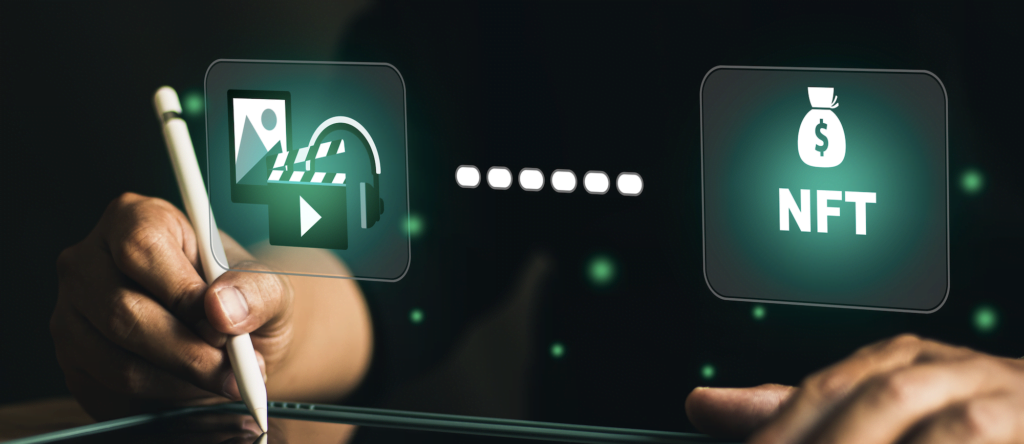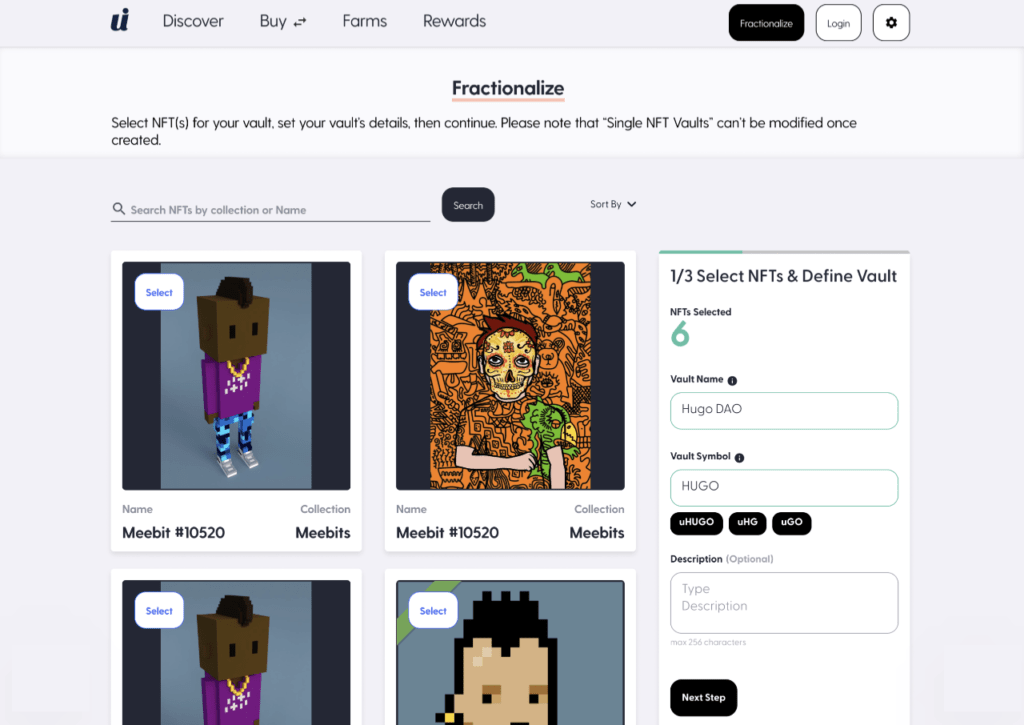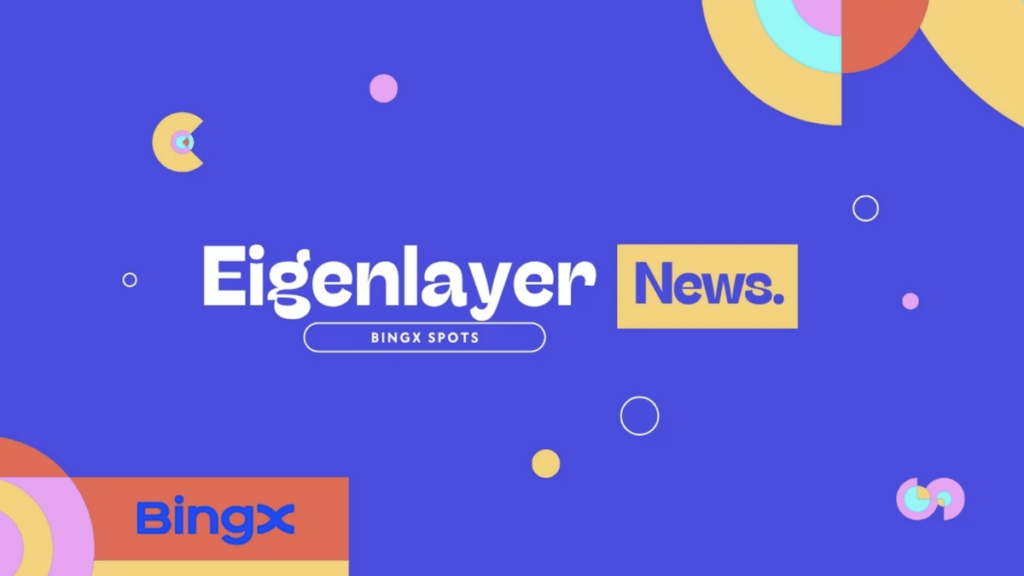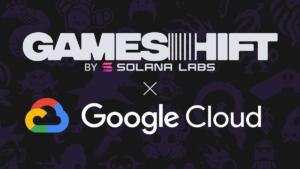NFT Finance, also known as NFTfi, is the confluence of nonfungible tokens (NFTs) with decentralized finance (DeFi) – a convergence that creates endless possibilities for innovative financial solutions.
NFTfi applications increase the liquidity and capital efficiency of NFT assets by facilitating the financialization of NFTs. You can generate tangible returns from otherwise unused assets by taking advantage of them.
There are many options to explore, from taking on loans by using NFTs as collaterals to buy now and pay later, and even collective ownership.
#1 How do NFT lending and borrowing work?
Decentralized lending protocols make up an essential division of NFTfi. Through permissionless smart contracts, they allow users to borrow and lend against valuable NFT assets. It’s a brilliant way for NFT holders to unlock the value of their assets without having to sell them off.

Peer-to-peer vs. Peer-to-pool with NFTfi
While some NFT lending dapps work in a peer-to-peer fashion – such as NFTfi and X2Y2 – others choose a different path, like BendDao, and follow the peer-to-pool model.
Here is how the process works on peer-to-peer platforms. The borrower lists their NFT as collateral to get a crypto loan. The lender makes a crypto loan offer against that NFT in order to earn interest. If the borrower accepts the offer, they must pay off the borrowed amount plus the interest at the end of the loan period. But if they fail to do so, the lender becomes the new owner of the NFT.
Most decentralized lending and borrowing applications enable customizable loan terms. For example, with NFTfi, it’s possible to borrow wETH, DAI, and USDC loans. While listing their NFTs as collaterals, borrowers can set their desired loan amount in these currencies. Additionally, they can also specify the interest rate and loan duration. These values give lenders an idea about the borrower’s expectations. Based on them, they can make offers.
On the other hand, the peer-to-pool liquidity protocol BendDao allows NFT holders to access instant NFT-backed ETH loans. In this case, the lenders don’t make direct loan offers; instead, they provide liquidity by depositing ETH into the protocol.

#2 Fractionalizing NFT assets for collective ownership
NFT fractionalization paves the way for collective ownership by breaking down high-value NFT assets (ERC-721) into multiple tokens (ERC-20). It has many applications ranging from community collections, crowdfunding donations, or forming new DAOs.
To illustrate, on Unic.ly and NFTx.io, you can fractionalize NFTs, deposit them into a vault, and mint share tokens of the protocols to earn staking rewards on decentralized exchanges.
PartyBid allows you to build a party and invest in NFT assets as a group. You can, for instance, support a charity or own and benefit from NFT utilities as a collective.
#3 Buy now and pay later (BNPL) for NFTs
BNPL allows owning an asset over time by paying the debt in installments. This tried-and-true financing method has arrived in the NFT space for the first time, thanks to the Cyan dapp.
Users who roll out a BNPL plan on Cyan make four initial installments with one down payment. They must pay off the other installments every 31 days.
After the plan starts, the user receives a cNFT version of the NFT until full ownership. This version transfers some of the utilities of the underlying NFT, such as the ERC-20 and ERC-721 airdrops.
So, you can benefit from these as far as you start the BNPL plan and as long as you keep the cNFT in your wallet and make all payments to date. You receive the original NFT in your wallet on the last payment.
Halliday is another BNPL solution, but it deploys a different approach. When NFT games or marketplaces integrate with Halliday, they can offer users a BNPL payment option at checkout. Consequently, users can start using game assets immediately and pay for the full ownership in four installments.
The bottom line
There is a plethora of other ways DeFi and NFTs merge. Whether you’re looking to invest in NFTs or unlock the potential of your existing assets, NFTfi has something to offer for everyone.
NFTfi applications let you generate returns from unused assets. This can be achieved through a variety of methods, including using NFTs as collateral for loans, buy now and pay later options, and collective ownership of NFTs.
Decentralized lending protocols are a key part of NFTfi, allowing users to borrow and lend against NFT assets through smart contracts. This offers a way for NFT holders to unlock the value of their assets without selling them. Protocols such as NFTfi and X2Y2 operate on a peer-to-peer basis, while others like BendDao use a peer-to-pool model.
Buy now, pay later allows users to own an asset by making installment payments over time. Cyan dapp and Halliday are platforms that offer this feature in the NFT space, allowing users to start using game assets immediately and pay for full ownership in installments.
Fractionalization involves breaking down high-value NFTs into multiple tokens, enabling collective ownership. This has numerous applications, from community collections and crowdfunding to creating new DAOs.
NFT Finance or NFTfi refers to the combination of nonfungible tokens (NFTs) with decentralized finance (DeFi), creating a host of innovative financial solutions. It aims to improve the liquidity and capital efficiency of NFT assets by enabling them to be used for financial transactions.
In peer-to-peer platforms, borrowers list their NFTs as collateral and lenders make loan offers against them. If the borrower defaults, the lender takes ownership of the NFT. In contrast, peer-to-pool models like BendDao allow lenders to provide liquidity by depositing ETH into the protocol, and borrowers can access instant loans backed by their NFTs.
Author

Nagi An is a content writer who is passionate about NFTs, web3, DAOs, and DeFi. She's covers a variety of topics about NFT fundamentals.




